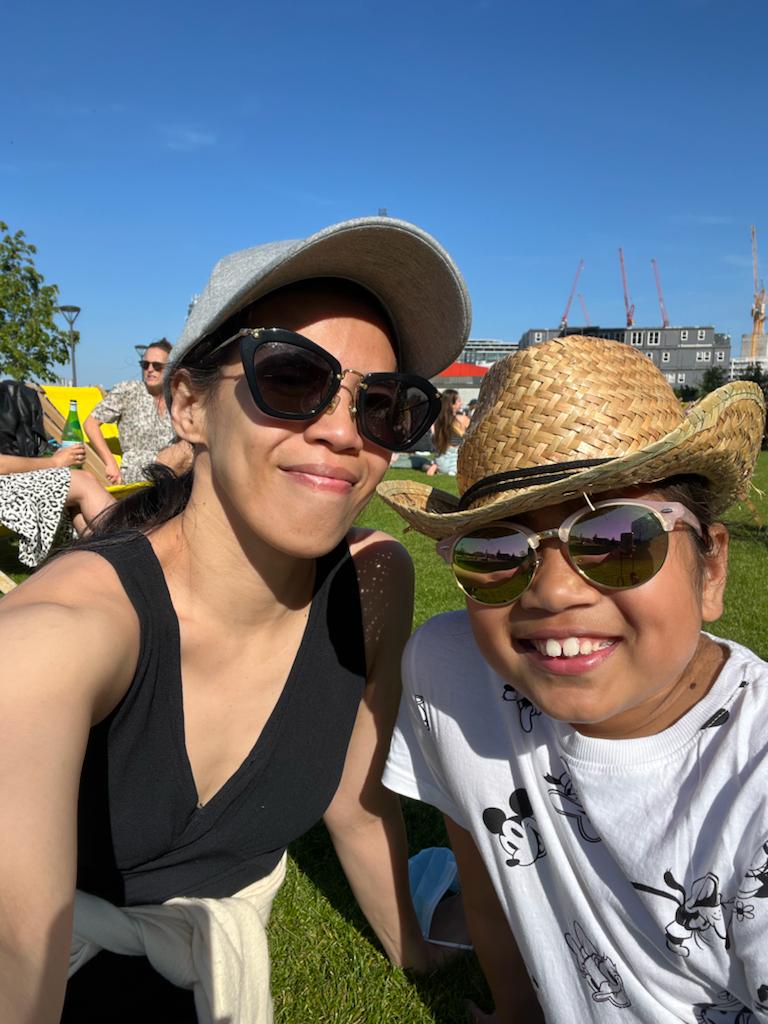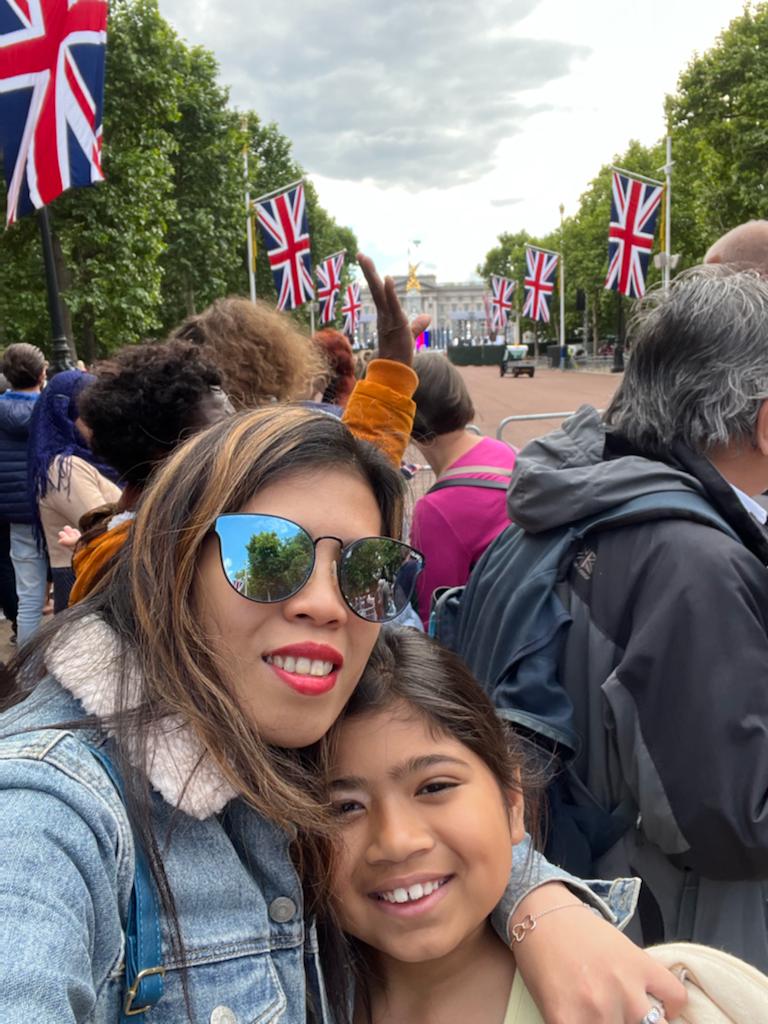‘Third-class citizens’: The EU nationals in UK waiting on settlement decisions a year on from deadline
Warnings of ‘serious consequences’ of persisiting delays for people’s job prospects, travel and housing

Your support helps us to tell the story
From reproductive rights to climate change to Big Tech, The Independent is on the ground when the story is developing. Whether it's investigating the financials of Elon Musk's pro-Trump PAC or producing our latest documentary, 'The A Word', which shines a light on the American women fighting for reproductive rights, we know how important it is to parse out the facts from the messaging.
At such a critical moment in US history, we need reporters on the ground. Your donation allows us to keep sending journalists to speak to both sides of the story.
The Independent is trusted by Americans across the entire political spectrum. And unlike many other quality news outlets, we choose not to lock Americans out of our reporting and analysis with paywalls. We believe quality journalism should be available to everyone, paid for by those who can afford it.
Your support makes all the difference.Families have been left feeling “forgotten” as they face lengthy delays on their EU settlement applications a year on from the scheme’s deadline.
Campaigners have warned of the “serious consequences” of persisting delays for people’s job prospects, travel and housing, as figures show nearly 250,000 applicants remain in the backlog.
In one case, Dutch-Somali Hussen Mohamed, 27, who has lived in Britain for 17 years, applied to the EU settlement scheme in November 2019 and is still waiting for a decision.
Despite phoning the Home Office numerous times to ask what was causing the delay, the southwest London resident said he was constantly told he was “in the backlog” and told to continue waiting.
However, whenThe Independent contacted the department’s press office to ask about his case, it emerged that they had mistakenly identified him as his twin brother, Hassan Mohamed, who was convicted of murder in 2018 after stabbing a man to death in West London.
Mr Mohamed said that, without EU settled status for nearly three years, he has been unable to find a job and apprehended multiple times when arriving at UK airports after travelling abroad for holidays – leaving him feeling like a “third-class citizen”.
“This is not normal. You’re being questioned to get into a country where you pay taxes, where you’ve worked, where you live,” said Mr Mohamed, who studied at SOAS, University of London.
“It makes you question yourself and question the system.”
The latest government figures show that 245,700 applications were pending as of 31 May 2022. Some of these will have been submitted after the deadline as the Home Office has continued to allow people to apply. More than 6.6 million applications have been submitted overall since the scheme opened in March 2019.
Mr Mohamed said he felt “heartbroken” and “disgusted” after discovering the Home Office’s mistake, adding that the delay has “messed up [his] life”.
“From 2019 until 2022 my whole life has been on pause. I still can’t get a job. The Home Office is criminalising me. I call them a thousand times. They have not once told me this,” he said.
“It makes you feel as if you’re a third-class citizen for no reason. I feel worried for people who won’t be able to handle it. Imagine all the other people who don’t speak proper English, don’t understand the system – they’re going to be in a whirlpool.”
People are also facing delays when trying to challenge refusals of EU settlement. Angelique Santos, 34, and her nine-year-old daughter Jina, who was born in the UK and has lived here all her life, have been waiting for a response to their request for a review of a decision for eight months.
Ms Santos, a Filipino national who works in a care home in London, applied for her and Jina under the EU settlement scheme in June 2021 on the basis of her relationship with her Portugese partner, whom she has been with since 2020.

The Home Office refused the application in September 2021, saying Ms Santos failed to provide sufficient evidence of her relationship with her partner.
That same month, she submitted an administrative review to challenge the refusal, along with additional documents to prove the relationship – but she is yet to receive a response eight months on.
Ms Santos said that as a result of the delay they have been unable to travel to the Philippines to visit her family, nor to Portugal to get medical treatment for a skin problem Jina has.
“It’s very frustrating. I don’t know when they will give the decision. I want to visit my family in the Philippines. My brother is going to have an operation soon and I want to see him before he has it,” she said.
“My daughter doesn’t understand why she can’t travel. She’s sad. We can’t travel as a family. She says she’s British. She only speaks English, no other language.”
The Battersea resident added: “It feels like we’ve been forgotten. I know there is a crisis in Ukraine, but they can’t just drop everything else. Covid was their excuse; now it’s because of Ukraine. It’s just too much for us.

“I do a very stressful job caring for elderly people, and I have this on top of that, as well as a difficult financial situation. We don’t deserve this kind of treatment from the Home Office.”
Andreea Dumitrache, spokesperson for pressure group the3million, said: “It’s incredibly worrying that even EU citizens who applied before the deadline are left in limbo, unable to go on with their lives, as we were all promised.
“Delays have serious consequences for people. Jobs are threatened and opportunities lost. Many don’t even try to travel due to fear and those who take the risk face difficulties and hostility when returning. Housing can be more difficult to secure.
“Not having a secured immigration status often leads to anxiety about accessing healthcare, as people are liable to be charged by the NHS if their application is refused.”
Ms Dumitrache called on the government to “properly resource” the EU settlement scheme and process applications “efficiently and fairly”.
Alec Herron of the charity Settled echoed his concerns, saying: “These are people who were promised nothing would change for them after Brexit. However, we know of people who while waiting for a response have been discriminated against while trying to access services, such as mortgages, or have been victims of wrong decisions, sometimes made by potential employers and landlords, due to misinformation or lack of understanding about the rights of EU citizens in the UK.”
A Home Office spokesperson said: “We apologise to Mr Mohamed for the delays in processing his application which we are working urgently to resolve.
“The EU settlement scheme has been an overwhelming success, with more than 5.8 million grants of status made. We are currently dealing with the unprecedented demand from EUSS applications and are working to process applications as quickly as possible”.



Join our commenting forum
Join thought-provoking conversations, follow other Independent readers and see their replies
Comments